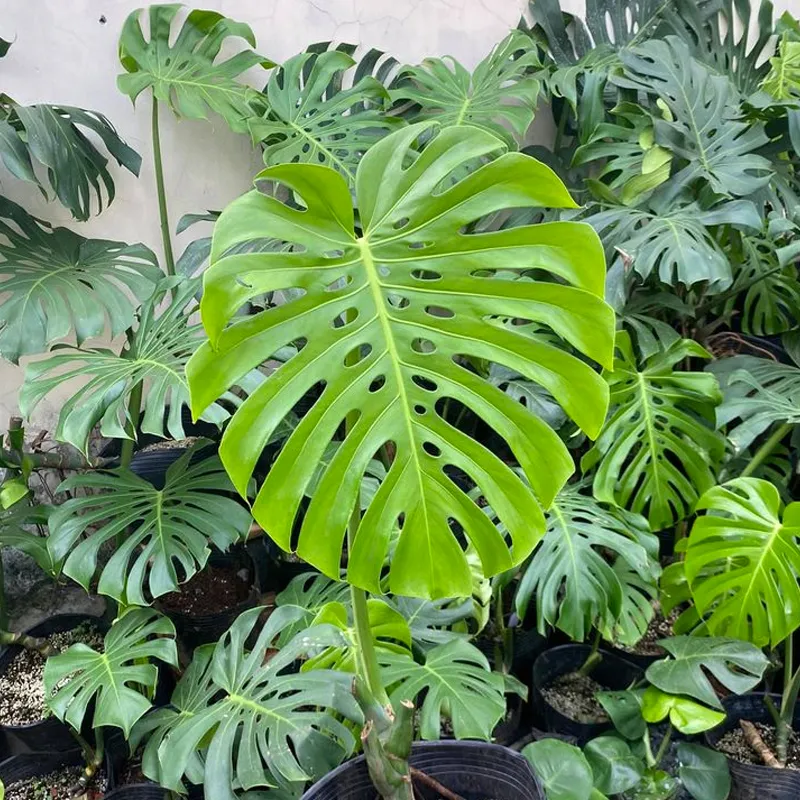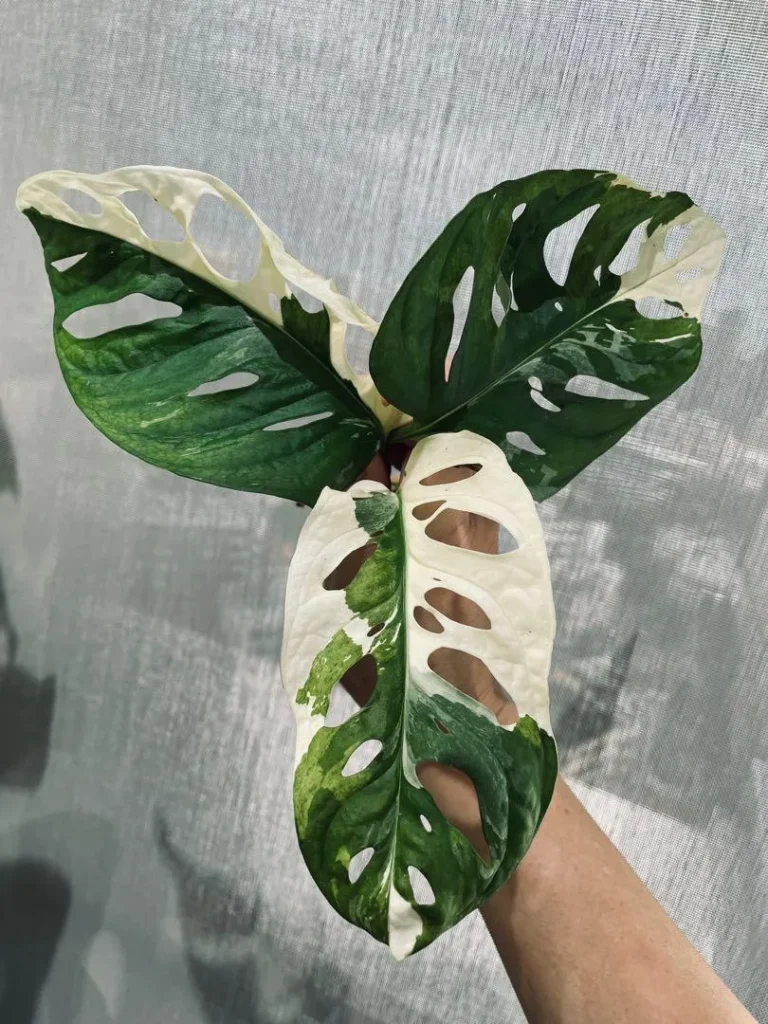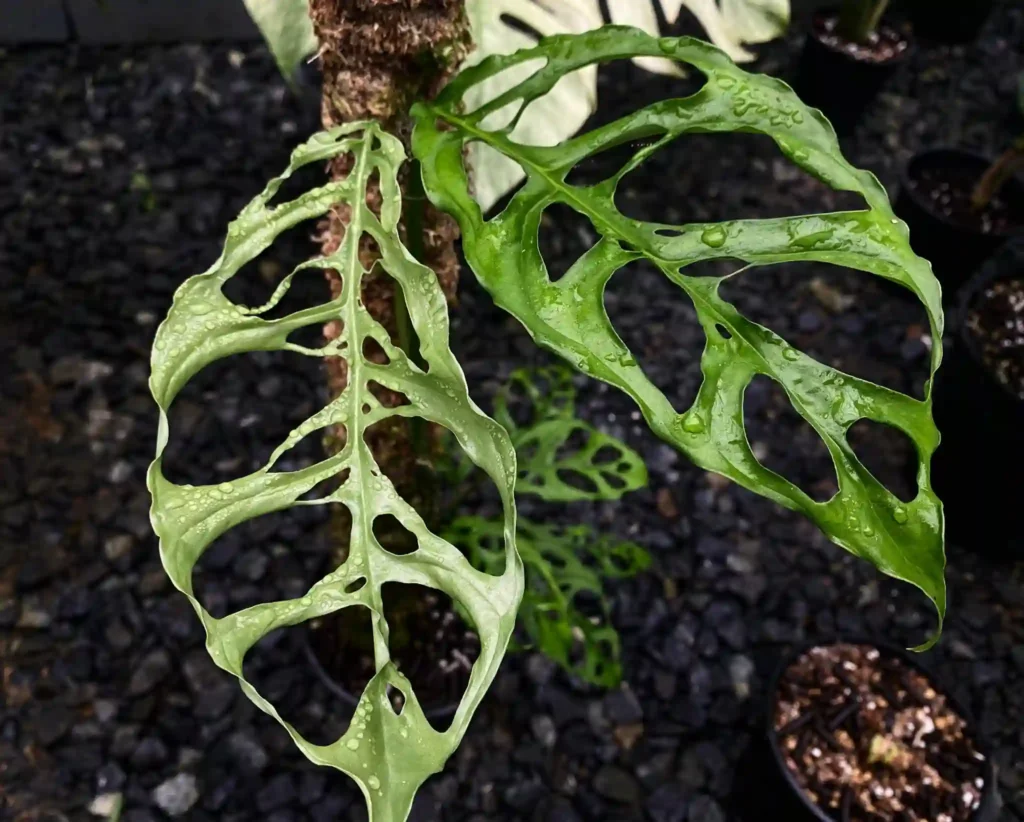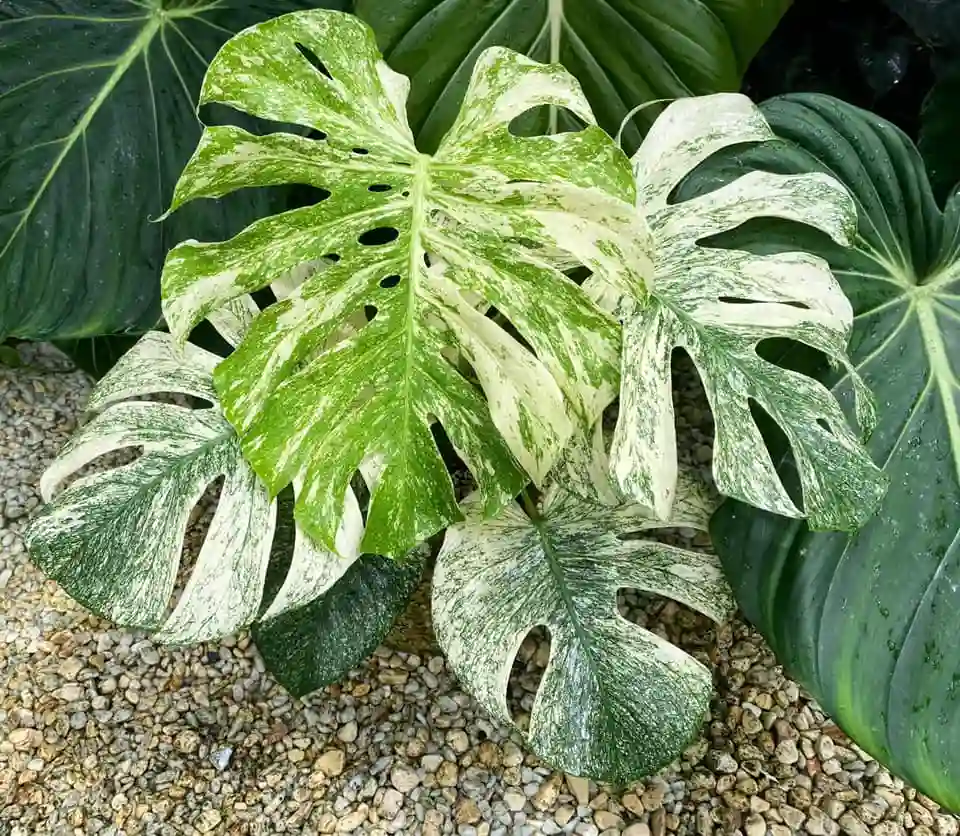
Top 100 Gift Ideas For Plant Lovers 2024
What does jasmine smell like?
Jasmine always takes me back to summer nights on my grandma’s porch. We’d sit in rocking chairs, sipping sweet tea, and the air would be thick with the scent of jasmine climbing all over the trellis. It’s a sweet, intoxicating smell, but not overpowering. It has this lushness to it, almost like there’s a hint of honeydew melon mixed with the floral notes. It’s definitely a nighttime fragrance for me, calming and a little mysterious, just like those warm evenings spent with Grandma under the starlit sky.
Is jasmine toxic to cats?
That’s actually a tricky question! True jasmine, the kind that smells so amazing, isn’t toxic to cats. But, there are a lot of varieties with “jasmine” in the name that definitely are, like star jasmine. I’d always err on the side of caution if I had a curious kitty around. Even if a plant isn’t toxic, it could still cause an upset tummy if they decide to munch on it. I learned my lesson after my cat got into a pot of spider plants – total mess! Better to stick with proven pet-safe plants or keep those tempting greens out of reach entirely.
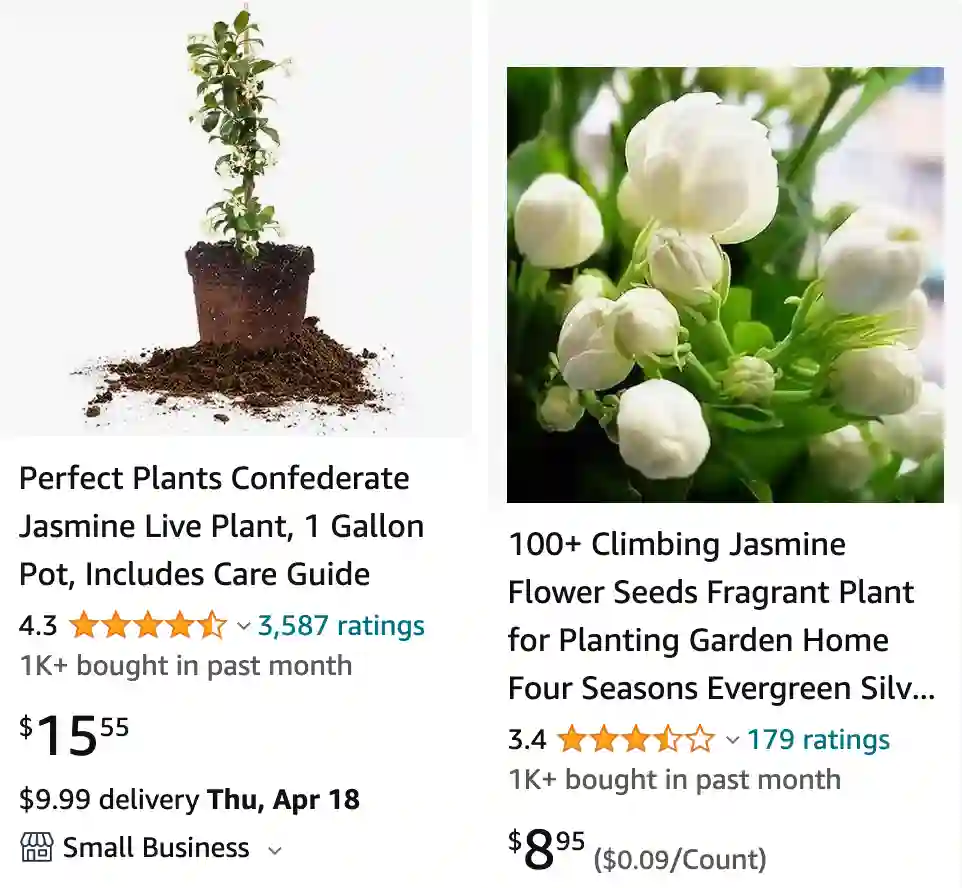
What does jasmine tea taste like?
I love jasmine tea because it’s delicate but not boring. You still get that slightly grassy, earthy flavor from the green tea base, but the jasmine adds this beautiful floral sweetness. It’s almost like perfume, but in a really pleasant, natural way. Sometimes, the jasmine can even be a tiny bit astringent, which cuts the richness of the tea nicely. I find it incredibly relaxing to sip on a hot cup of jasmine tea, especially on a rainy day when I can just feel the warmth and the aroma wash over me.
How much caffeine in jasmine tea?
Jasmine tea generally has a moderate amount of caffeine since it’s usually made with a green tea base. It’s definitely not as strong as a cup of coffee – I’d say about half the strength. Of course, it can vary depending on the type of green tea used and how long you steep it. For me, jasmine tea is the perfect afternoon pick-me-up. It gives me a little boost without the jitters I sometimes get from coffee, and I avoid the too-strong-for-bedtime effect of black tea.
What color is jasmine?
The color jasmine is a bit tricky to describe! It’s a very pale yellow, kind of like the color of old ivory or a slightly faded lemon. There’s a warmth to it that reminds me of sunshine, but not a bright, in-your-face kind. It’s softer, more like a whisper of light. Sometimes jasmine can even have a hint of creaminess, almost as if a drop of milk got mixed in with the yellow. It makes me think of warm summer days and fields of delicate flowers.
How to make jasmine milk tea?
I love making jasmine milk tea—it’s so easy, but feels fancy! First, I brew a strong cup of jasmine green tea and let it cool completely. Then, I grab a tall glass, add a few ice cubes, and if I’m feeling indulgent, a spoonful of boba. Next is a good splash of whole milk – it gives the drink a nice richness. Finally, I pour in the cooled tea and maybe a tiny bit of honey for sweetness. One good stir and it’s ready! It’s the most refreshing treat on a hot afternoon, and the jasmine scent makes it feel extra special.
Is jasmine essential oil safe for dogs?
Unfortunately, I wouldn’t recommend using jasmine essential oil around dogs. While some essential oils can be safe in very diluted forms, jasmine is one I’d steer clear of. Dogs have incredibly sensitive noses, and even what smells pleasant to us can be overwhelming to them. There’s also the risk of skin irritation, especially if they accidentally lick any off themselves. I’m a total dog person, so their safety always comes first. I stick to safe, cozy scents for the house that my furry pals can enjoy too, like a light touch of lavender or a bit of chamomile.
Do deer eat jasmine?
That’s a bit of a mixed bag! It depends on the type of jasmine and how hungry those deer are. True jasmine varieties tend to be left alone – the scent and taste aren’t usually appealing to deer. But, there are vines like star jasmine that they might munch on, especially if other food sources are scarce. I’ve even heard stories of deer nibbling on jasmine when they’re first exploring a new area. If you’re in deer territory, it’s always good to be cautious even with plants labeled as “deer-resistant.” Those pesky critters get desperate sometimes!
Are jasmine flowers edible?
Yes, true jasmine flowers are edible! Now, I wouldn’t exactly sit down for a salad of jasmine blooms – they have a somewhat bitter flavor that most people don’t enjoy. However, I do love using them as a garnish! They add this beautiful pop of color and a lovely, delicate fragrance to desserts. I’ve even candied them before, which tones down the bitterness a bit and adds a touch of sweetness. Plus, since you’re only using a tiny amount for the visual and aromatic effect, it’s the perfect way to enjoy this gorgeous flower.
Can you smoke jasmine flowers?
While technically you could smoke dried jasmine flowers, it’s not something I would recommend. Jasmine flowers don’t have any known psychoactive effects, so you won’t experience a “high”. The smoke itself can also be quite harsh and the flavor is not particularly great.
It’s important to remember that smoking anything comes with health risks. If you’re looking for healthy ways to enjoy the scent of jasmine, try making tea with the flowers, using jasmine essential oil, or even simply placing fresh blooms in your home.
Do jasmine attract bees?
Yes, jasmine definitely attracts bees! The sweet fragrance and the shape of the flower make it very enticing to our buzzing little pollinators. I love watching bees dart in and out of my jasmine bushes when they’re blooming – it’s a wonderful sight and a reminder of how important they are. If you’re a bee lover and want to support them, planting jasmine is a lovely way to do it. It provides them with a nectar source and looks absolutely beautiful in your garden.
What do jasmine flowers symbolize?
Jasmine flowers have a rich symbolic history, with meanings that vary across cultures. Here’s a little breakdown:
- Love and Romance: Jasmine’s sweet fragrance and delicate beauty make it a classic symbol of love, especially passionate or sensual love.
- Beauty and Grace: The elegant look of jasmine aligns it with feminine beauty, inner grace, and even a touch of modesty.
- Purity: In some traditions, the pristine white color of jasmine represents purity of the heart and soul.
- Spirituality and Divinity: Jasmine is sacred in some religions, particularly Hinduism, and is used in offerings and ceremonies.
- Good Luck and Hope: In certain parts of the world, jasmine is seen as a bringer of good fortune and a symbol of hope for the future.
What does jasmine mean in the bible?
The Bible actually doesn’t mention jasmine specifically. There’s no mention of the flower or its significance in any biblical text. However, jasmine does have roots in the Persian language, where it’s called “yasmin,” which means “Gift of God.” So, while jasmine itself isn’t biblical, the name carries a lovely spiritual connotation.
Is jasmine tea safe while pregnant?
While I love jasmine tea, I’d be cautious about drinking it regularly pregnant. Here’s why:
- Caffeine: Jasmine tea, like most teas, has some caffeine. Most doctors recommend limiting caffeine intake during pregnancy.
- Iron Absorption: Jasmine tea may contain compounds that interfere with iron absorption. Iron is super important for both you and your baby during pregnancy.
For these reasons, it’s best to talk to your doctor about jasmine tea and how much, if any, is safe for you to drink. They can consider your individual situation and advise accordingly. There are also many herbal teas that are considered safe for pregnancy, which might be a good alternative.
Does jasmine repel mosquitoes?
There’s some evidence that jasmine can have a mild mosquito-repellent effect, but it’s not as reliable as traditional repellents like DEET. Here’s the breakdown:
- The Scent: Jasmine has a strong, sweet fragrance that can be disorienting to mosquitoes. It might mask the scents that usually attract them.
- Essential Oil: Jasmine essential oil, in concentrated form, seems to offer a slightly stronger repellent effect. However, it needs to be diluted for safe use, and it likely won’t provide full protection.
Overall, while I wouldn’t solely rely on jasmine to keep the mosquitoes at bay, adding it to your garden or using jasmine products can be a nice addition to your bug-fighting strategy. It’s a lovely smelling way to at least make your outdoor space slightly less appealing to those pesky critters!
How often to water jasmine plant?
The best watering schedule for your jasmine plant depends on a few factors:
- Indoor vs. Outdoor: Indoor jasmine generally needs watering more often since pots dry out quicker than the ground. Aim for watering an indoor jasmine plant two to three times a week. Outdoors, once a week is usually enough, but you might need to increase it during very hot or dry weather.
- Soil Check: The best rule of thumb is the finger test! Stick your finger an inch or two into the soil. If it feels dry, it’s time to water. If it feels damp, wait another day or two.
- Pot Size: Smaller pots dry out quicker than larger ones. You might need to water a small potted jasmine even more frequently, maybe every other day if the weather is hot.
Remember, it’s better to err on the side of slightly underwatering than overwatering. Jasmine prefers a little dryness to soggy roots!
